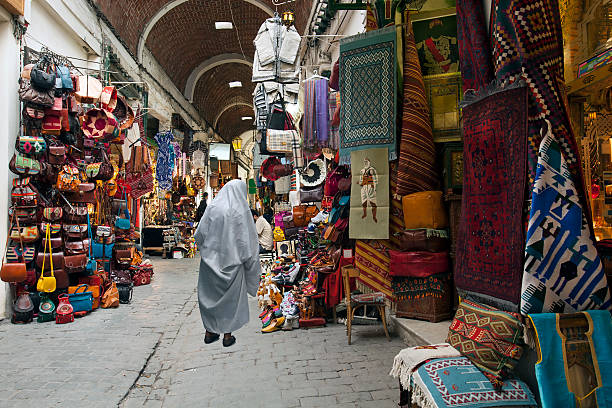
The Tunis Medina (Old Town) is a fascinating place to learn more about this north African city. The 9th century Medina was originally surrounded by walls. Today the walls are gone, but the area is filled with narrow streets, souks, mosques, and historic structures. The Tunis Medina became a UNESCO World Heritage Site in 1979.
Tunisia’s economy is showing promising signs of revitalisation, with investment projects declared across key sectors hitting nearly $1.14 billion in the first six months of 2025.
This marks a 16.9% rise compared to the same period last year, according to figures from the Tunisian Investment Authority and reports by AgenceEcofin.
The surge in investments is not only reflected in monetary terms but also in its potential to create jobs. The announced projects are expected to generate approximately 45,839 new jobs — a 4% increase over the previous year — signalling renewed confidence from investors despite ongoing global uncertainties.
The factors behind this upward trend are varied. Tunisia has embarked on reforms to simplify administrative processes for businesses and enhance the appeal of its industrial zones. Additionally, sectors such as information technology, manufacturing, and renewable energy have attracted growing interest, contributing to a broader economic diversification.
These developments come amid regional dynamics where Tunisia continues to position itself as a competitive destination for foreign capital. Analysts warn, however, that sustaining this momentum hinges on maintaining political stability and pressing forward with structural reforms.
If this positive trajectory continues through the rest of 2025, Tunisia could strengthen its standing as a hub for investment, fostering job creation and boosting domestic consumption in the process.
This economic optimism offers a beacon amid a complex international landscape, providing hope that Tunisia’s strategic initiatives may translate into lasting growth and prosperity.



